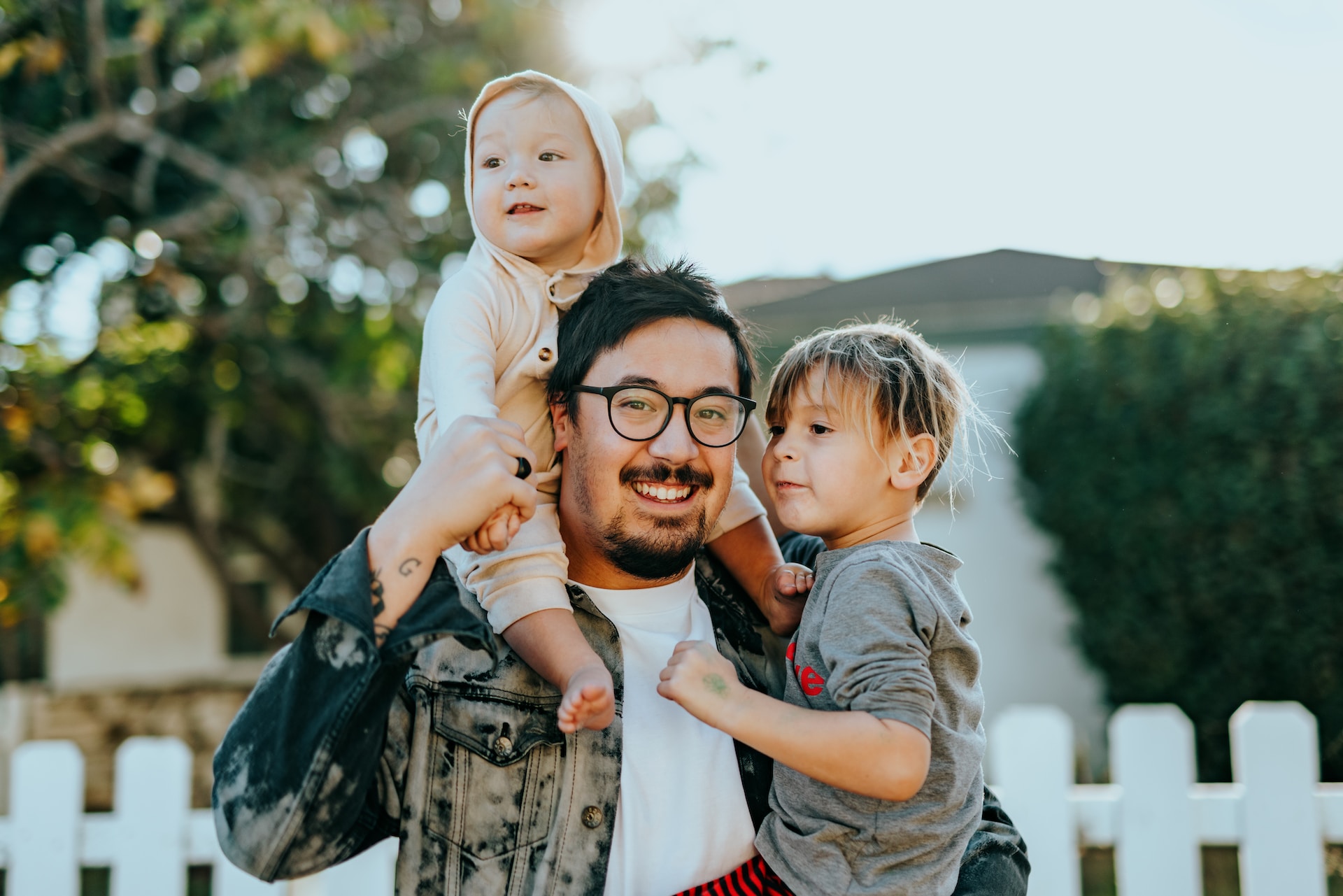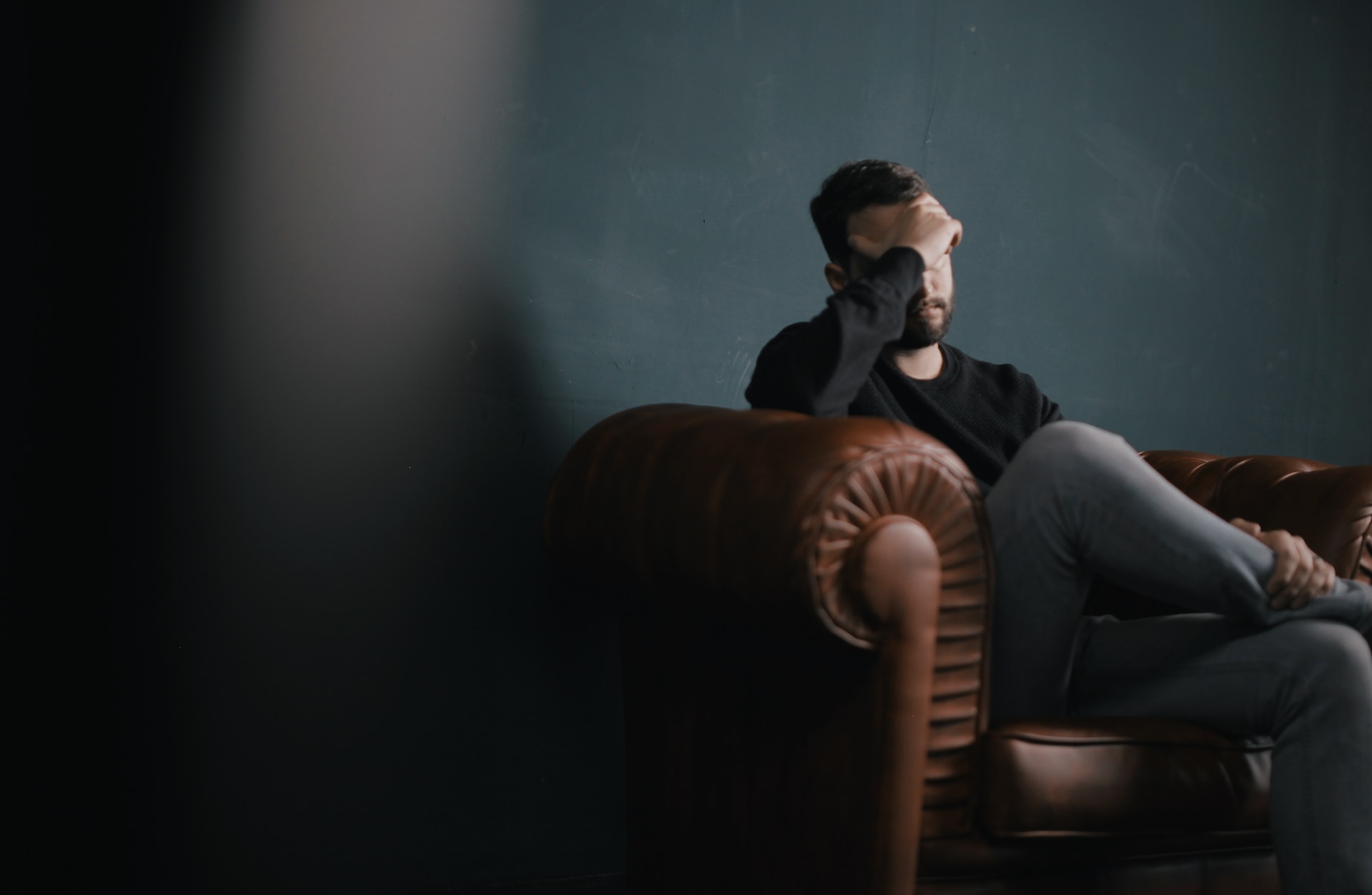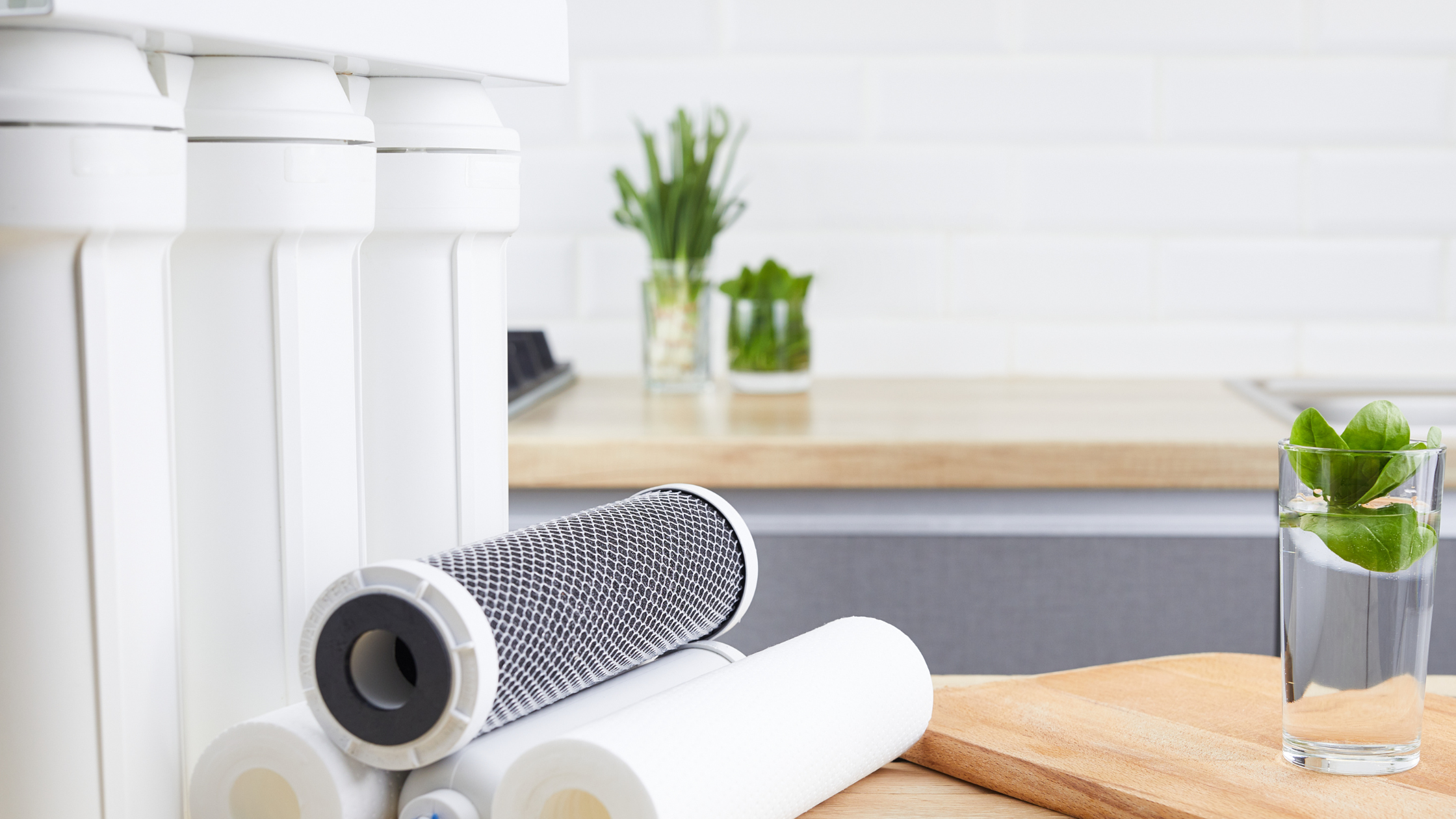Early on in my journey with anxiety, the top thing I wanted to know was how to reduce my anxiety levels. Well, maybe not the top, but right after, how do I make this go away? Once I saw the anxiety was not going away, my questions shifted slightly. I went from the obvious, how do I make this stop to the more practical, how do I reduce my anxiety levels?
After my anxiety level peaked initially, it gradually decreased to a more consistent level over time. I was left wondering how to live with anxiety as a part of my day. As I paid more attention to how I felt, I noticed a pattern. Each day I would wake up with a certain level of anxiety, and certain factors might change that level positively or negatively. I began to refer to that initial level of anxiety as my Baseline Anxiety Level, or BAL for short.
Note: These are what I have learned based on my experience. I am not a doctor or counselor, but I hope this information is helpful.
Baseline Anxiety Level
A Baseline Anxiety Level (BAL) is the level of anxiety I feel throughout my day. This term was something I made up, so it is not based on science, just my personal experience. Sometimes my BAL is high, and sometimes I can barely detect any anxiety. I noticed this level changes primarily based on what is happening in my life and my habits.
The good news is I have discovered practical ways to impact my baseline anxiety level. The two most impactful factors I found to change my BAL are sleep and food. I believe you can do the same.
Sleep
Most human beings understand that sleep is essential. It’s not rocket science, but a lot goes into getting quality sleep. More importantly, several factors go into sleep that help lower your BAL. While I DO NOT have it all figured out, I will share what I am learning.
Sleep is the most impactful way to lower my baseline anxiety level. -Craig Booker
Okay, so you can grasp that sleep is my top influencer for my BAL, but specific questions might come to mind. One of the top questions around sleep is how much sleep is enough?
Sleep – How much sleep is enough?
I will not get all scientific on you here. I will keep it pretty basic. My answer, it depends. It sounds snarky, but I am telling the truth. The amount of sleep is incredibly personal. What works for me probably won’t work for you.
The next question regarding sleep is how do I know how much sleep is enough? I would encourage you to run an experiment. It won’t cost you much, and it won’t interrupt your routine much.
A Simple Experiment
Keep a journal. This can be a notebook or whatever works best for you. It would be best if you had a place to record the time you went to bed, the time you woke up, and the number of hours of sleep and then record how you feel each day. Be sure to take note of your baseline anxiety level immediately when you wake up. Don’t wait, or this level might change.
Pick a few times to record your BAL as you go about your day. Make these the same time each day. Since you already record your waking BAL, record your BAL at breakfast, lunch, and dinner time. It might also be helpful to record any significant events or circumstances that impacted your Baseline Anxiety Level.
Trial And Error
Finding the right amount will take some trial and error. Start with the amount you are comfortable with. That could be six hours for you. Try six hours per night for 1-2 weeks, keeping a journal daily. If you still don’t feel rested, increase the amount to seven hours. Repeat this process until you are satisfied with how well-rested you are each day.
If you want to be granular, increase your sleep by 30-minute intervals. This might increase the length of your experiment, but you will get more exact measurements. Your magic sleep number could be 7.5 hours sleep, not 7 and not 8. Do whatever suits you, but remember to journal each day.
My Experiment
I have been running this experiment for about four weeks now. The most manageable amount of sleep I have been able to get consistently is seven hours. Some nights I get more, but my minimum goal each night is seven. About once per week, I have a bad night and drop just below 7, which is alright with me now.
Below are some of my observations as I have been getting more sleep:
- Dreaming during sleep has increased.
- I often wake up before my morning alarm clock.
- I fall asleep less while sitting on my couch in the evening after eating dinner.
- Overall, I feel better during my day.
- My head and thoughts are clearer.
- I feel more capable of handling anxiety or stress.
- My baseline anxiety level is lower most of the time.
My Results
So far, my experiment results have been positive enough that I want to continue working towards more sleep. I have seen drastic improvements! As I said earlier, there are a lot of factors that go into sleep that actually lowers my BAL. I will get into some of those details in future posts, but I encourage you to start with these guidelines for now.
Food
I hate to break it to you, but what we eat impacts our anxiety level.
As I learn more about mental health, specifically anxiety, and how I can influence my feelings, I continue looking for more. More ways I can improve my overall health. If you want to see what improvements you can make, I encourage you to focus on one area at a time. Otherwise, it won’t be easy to know what factor to attribute any improvements toward.
The first area I began to experiment with had to do with food. I am a late-night person, so sleep was tough to start working on. For me, it was easier to start looking at food that impacts my Baseline Anxiety Level. I have long been experimenting with dietary changes for other health reasons, so changing my diet for BAL was a manageable stretch for me.
My Love For Coffee
The second way I found I can impact Baseline Anxiety Levels is through what I eat. I LOVE coffee! I love it so much that I enjoy roasting my own coffee beans. That is how much I love it! So what do I do when I believe the caffeine in my coffee might negatively impact my Baseline Anxiety Level?
The short story is that I began an experiment slowly lowering the amount of coffee I drink daily. I was not all that scientific about it, nor did not keep a journal. It took me less than a week to see how much caffeine changed my Baseline Anxiety Level. So I am working toward eliminating caffeine from my diet.
I am making slight changes to my habits to improve my mental health. I still love coffee, but I also love feeling better each day. I am also exploring decaffeinated coffee beans as an alternative.
Other potential areas to explore might be the amount of sugar I eat or the time I eat my meals. The great news is that we can impact our feelings by examining our habits.
I hope that this insight has proved beneficial for you. I plan to continue this experiment and share what I learn.
*Photo by Glenn Carstens-Peters on Unsplash


